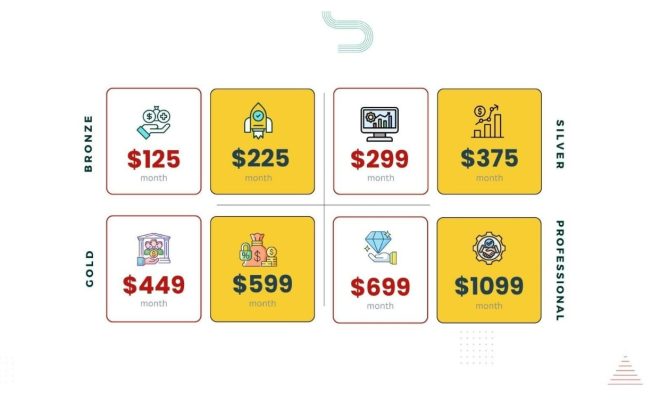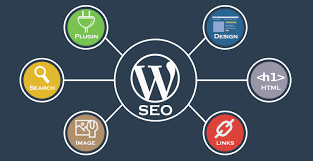SEO Best Practices for Non-Profit Websites

Search Engine Optimization (SEO) is a critical component for any website, including those of non-profit organizations. Non-profits often operate with budget constraints, making it essential to leverage SEO to increase visibility and drive traffic to their sites organically. Here are best practices for non-profit websites looking to enhance their SEO:
1.Keyword Research: Identify keywords and phrases related to your non-profit’s mission and services that potential supporters are likely to use in search queries.
2.Quality Content: Create high-quality, original content that’s relevant to your audience. Incorporate target keywords naturally into your articles, blog posts, and webpage copy.
3.Meta Tags: Optimize title tags and meta descriptions for each page with relevant keywords to improve click-through rates from search engine results pages (SERPs).
4.Mobile-Friendly Website: Ensure your website is responsive and offers a seamless experience on mobile devices to cater to the increasing number of users accessing the internet via smartphones and tablets.
5.Fast Loading Speeds: Improve website loading times, as slow speeds can negatively impact user experience and affect search rankings.
6.Accessible Design: Design your website for accessibility, ensuring it is navigable by people with disabilities, which also contributes positively to SEO.
7.Use of Headings: Structure your content with proper heading tags (H1, H2, H3) which help search engines understand the hierarchy and content structure of your pages.
8.Link Building: Acquire high-quality backlinks from reputable websites that increase the authority of your site in the eyes of search engines.
9.Regular Updating: Frequently update your site with fresh content to keep it dynamic and engaging for visitors as well as search engines.
10.Analytics Tracking: Utilize tools like Google Analytics to monitor website traffic, user behavior, and refine your SEO strategies based on data-driven insights.
11.Social Media Integration: Promote content through social media platforms to drive traffic back to your site while also benefiting from social signals that can indirectly boost SEO performance.
12.Image Optimization: Optimize image file sizes for faster loading and use descriptive alt text with relevant keywords for better image search visibility.
13.Local SEO: For non-profits that also focus on local communities, optimize your website for local SEO by claiming your Google My Business listing and managing local citations.
14.Secure Website: Use HTTPS encryption to secure your website; not only is this crucial for user trust but also a ranking factor considered by many search engines.
15.User Engagement: Encourage user engagement through interactive elements or discussion forums which can lead to increased time spent on the site and lower bounce rates.
Implementing these fundamental SEO best practices will assist non-profit organizations in improving their online presence, attracting more visitors to their websites, and ultimately supporting their mission more effectively through increased awareness and potential donations or volunteer enlistments.






